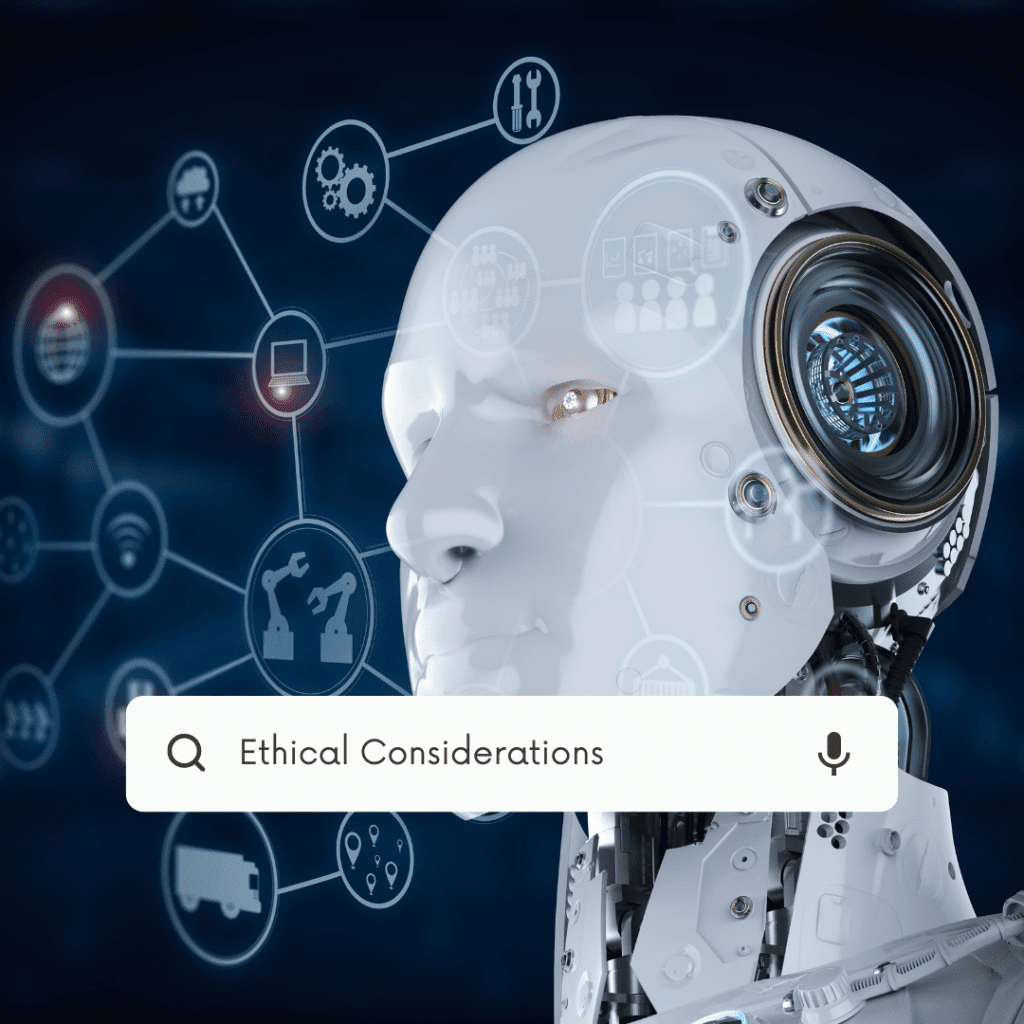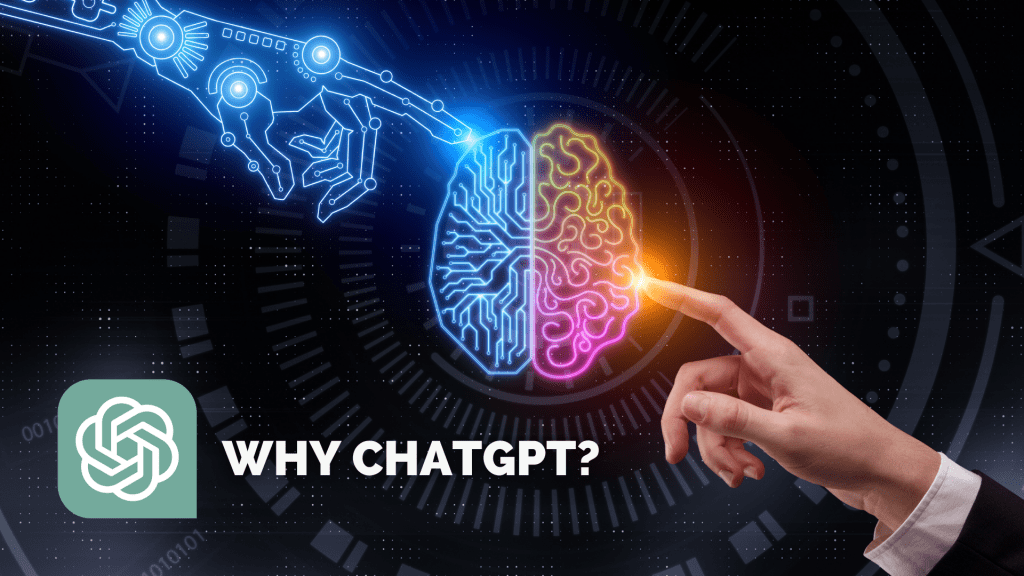Artificial Intelligence (AI) has witnessed remarkable growth and evolution in recent years, revolutionizing industries and reshaping the way we live, work, and interact with technology. From virtual assistants and autonomous vehicles to predictive analytics and healthcare innovations, AI is permeating nearly every aspect of our daily lives. In this article, we’ll explore the latest advancements in AI technology, the potential implications for society, and the ethical considerations surrounding its development and deployment.
Advancements in AI Technology
AI technology has advanced by leaps and bounds, thanks to breakthroughs in machine learning, deep learning, and natural language processing. Today’s AI systems are capable of performing complex tasks that were once thought to be the exclusive domain of human intelligence. For example, AI-powered chatbots can provide personalized customer service, while image recognition algorithms can identify objects and patterns in vast datasets with unprecedented accuracy.

One of the most significant advancements in AI is the development of neural networks, which mimic the structure and function of the human brain. These deep learning algorithms excel at tasks such as image recognition, speech recognition, and natural language understanding. With the availability of massive amounts of data and powerful computing resources, neural networks have achieved remarkable performance across a wide range of applications, from autonomous driving to medical diagnostics.
Implications for Society
While AI holds immense promise for improving efficiency, productivity, and quality of life, it also raises important societal implications and challenges. The widespread adoption of AI technologies has the potential to disrupt industries, reshape job markets, and exacerbate socioeconomic inequalities. For example, automation driven by AI could lead to job displacement in certain sectors, requiring workers to acquire new skills and adapt to changing labor market dynamics.

Moreover, AI systems are not immune to biases and limitations, raising concerns about fairness, accountability, and transparency. Biases in training data can result in algorithmic discrimination, perpetuating existing inequalities and amplifying social biases. Additionally, the opacity of AI algorithms and the lack of explainability raise questions about accountability and the potential for unintended consequences.
Ethical Considerations
As AI technology becomes increasingly integrated into society, it’s essential to address ethical considerations and ensure that AI systems are developed and deployed responsibly. Ethical frameworks and guidelines can help guide the design, development, and use of AI technologies in a manner that prioritizes human values and respects fundamental rights.

Key ethical principles for AI include fairness, transparency, accountability, and privacy. Developers and organizations must strive to mitigate biases in AI algorithms, ensure transparency and explainability in AI decision-making processes, and establish mechanisms for accountability and oversight. Moreover, protecting privacy and data security is paramount, given the sensitive nature of personal data used by AI systems.
In conclusion, the evolution of AI technology presents both opportunities and challenges for society. While AI holds the potential to drive innovation, enhance productivity, and improve quality of life, it also raises important ethical considerations and implications. By addressing these challenges thoughtfully and responsibly, we can harness the power of AI to create a more equitable, inclusive, and sustainable future for all.







